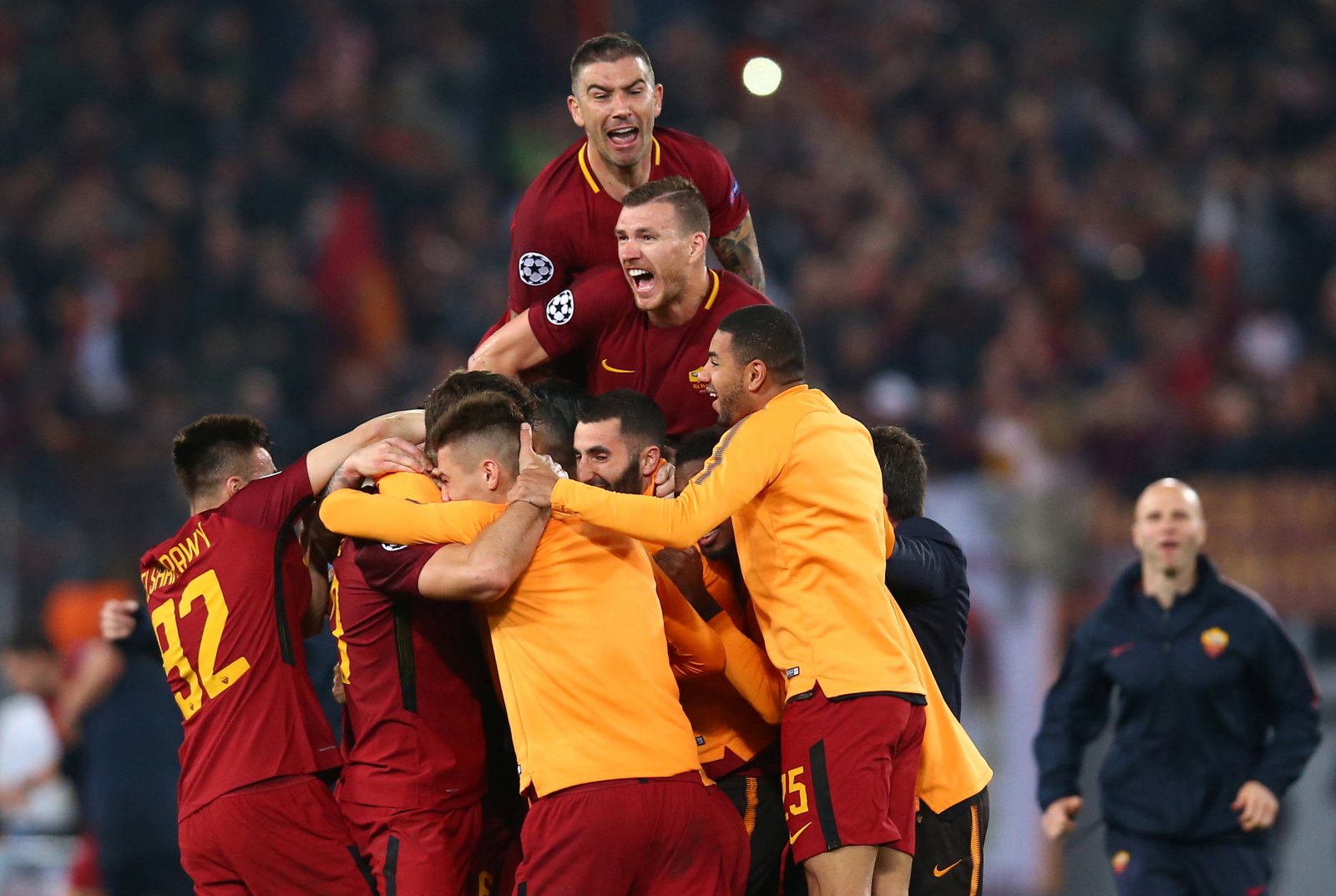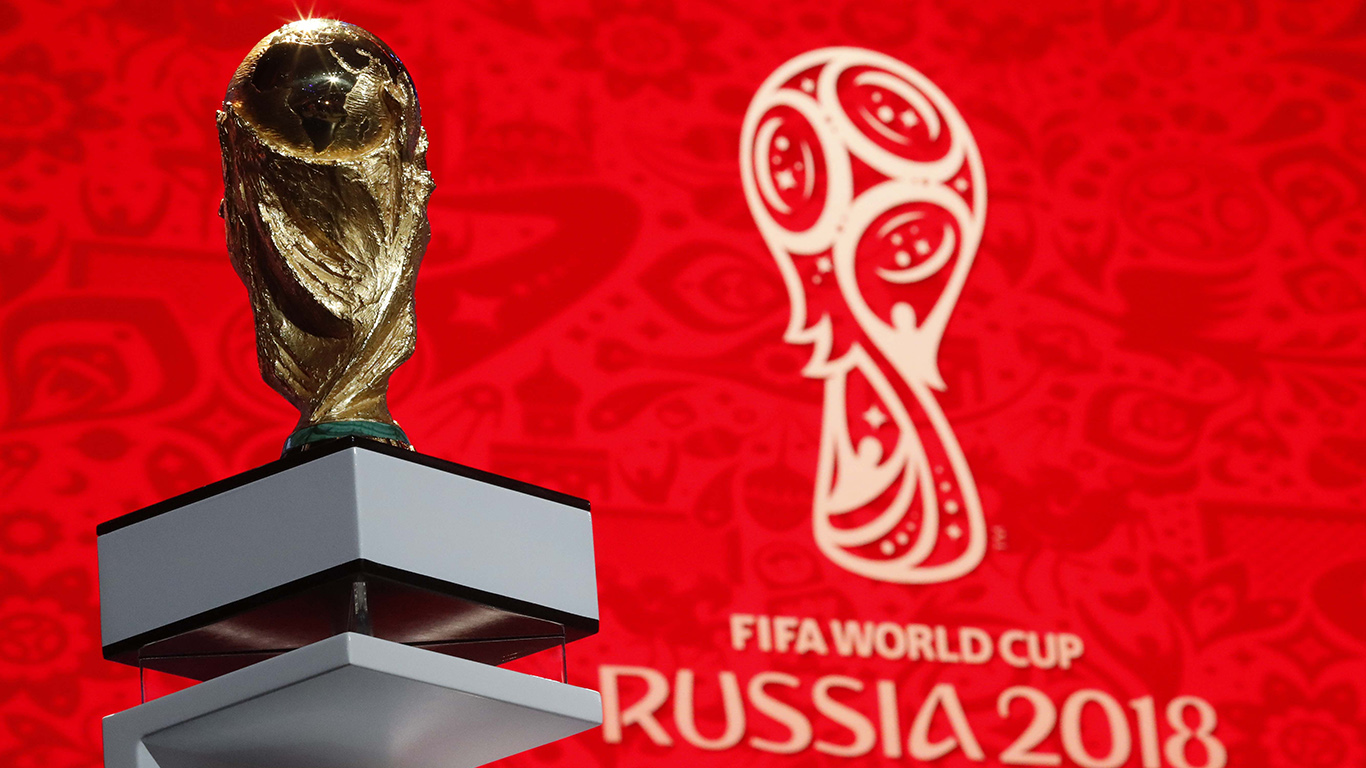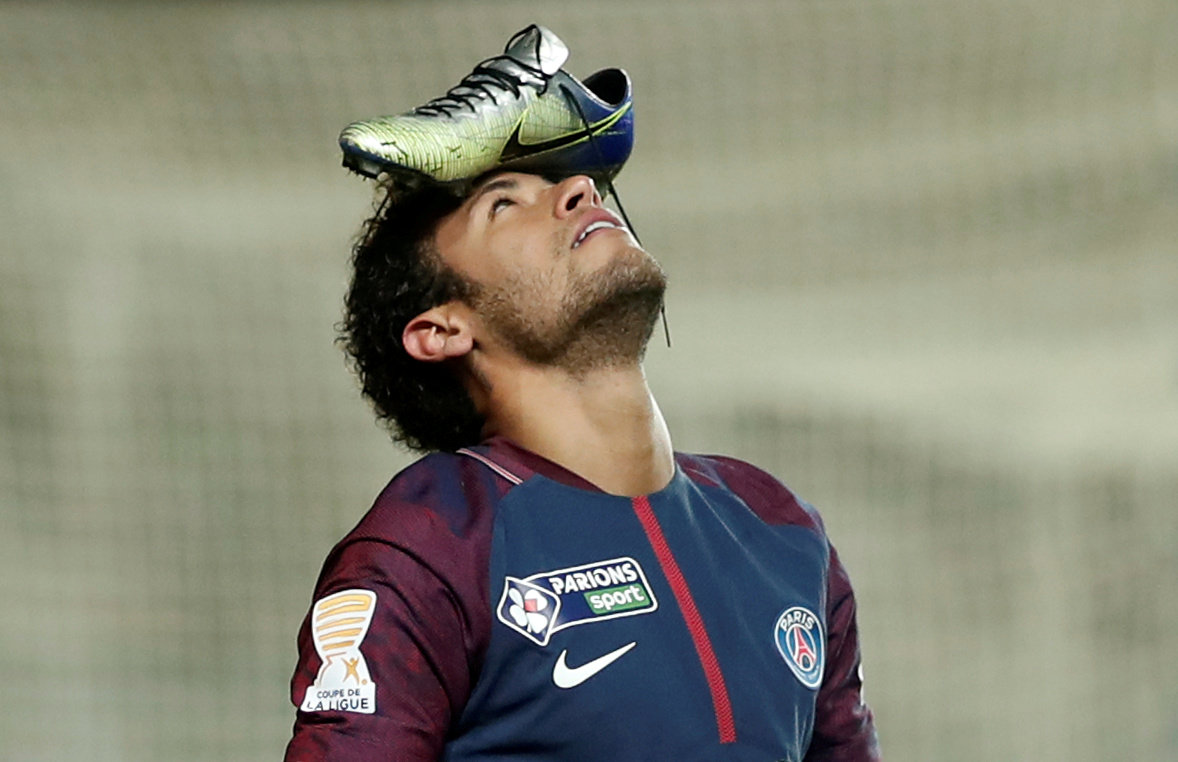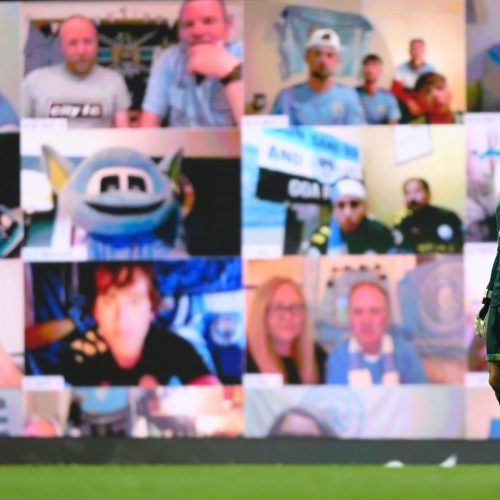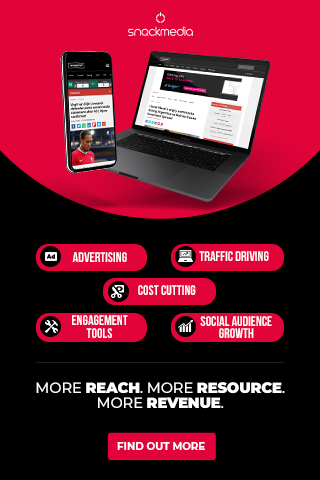Hot Topics: Roma’s Barcelona comeback was a case study in emotion – just imagine a second one
This week’s Hot Topics is written by James Murphy, Head of Partner Network, Snack Media.
It’s Champions League semi final time but the quarter finals barely seem to have finished yet. The superb football was matched by the frantic finishes to the ties, and each one provided drama somewhere.
The stand-out performances from the last eight probably came from Roma and Liverpool, and so it’s fitting that they drew each other at this stage: last night we already saw a great tie.
Liverpool are the stronger side and proved it at Anfield, but the Italian giants have shown they can come back from a three goal deficit against some of Europe’s best. And in the process, they made an example to the world what a football club account can do on social media.
On the back of their epic comeback against Barcelona in the last round, Roma showed everyone – clubs, leagues or publishers – that ‘hot off the press’ is just as true in the digital age, but that there’s nothing more authentic than capturing the emotions of those revelling in the moment.
They proved once again how powerful that the emotional reaction that fans have to sport can be. Whether that’s fan-led media, those reacting on social media or even fans running the Twitter account of a massive European club. You simply need to look at the stats to see the effect. Imagine what would happen if the Roma players delivered for a second time at the Stadio Olimpico last week?
The majority of fans watch events with an additional device within arm’s reach, so does this show that even for all your best planning, there’s nothing quite like capitalising on the moment?
The World Cup is on the Horizon
But no one should go too far with that mantra. Proper preparations and strategies are just as important as leaving space to react with agility when things go off script a bit.
Once we’re done with Champions League semi finals the club season is almost over, but the World Cup is on the horizon, and it’s time for everyone who will be involved to get their house in order.
World Cup viewing figures dwarf Premier League figures. That might have something to do with the fact that the games will be on free-to-air TV, that club rivalries are put aside to foster a sense of unifying patriotism, or that people who aren’t usually football fans will watch this one event every four years.
But despite that, I’m not sure the World Cup offers the same brand affinity that club football does. Teams have to stay true to their fans who pay money week in week out, and that’s the same for brands when they invest into the clubs the benefits they intend to reap are from those very fans. International football is different, and the carnival feel around a World Cup is not to be missed, but the longer-term rewards of club football are a different kettle of fish.
Monetising Content
There will be a lot of talk soon about how this will be the most digital World Cup ever. With live-streaming, social media and just generally how the internet has changed our lives playing a big role.
But believe it or not, traditional businesses and the slightly older generation are still waking up to digital.
Think of those with the foresight to start forums in the 90’s but who now have the opportunity to run display/native advertising that generates cash whilst balancing user experience. Or even traditional print companies who are starting to realise the value of their online inventory.
The advertising market is more competitive than ever before with companies looking to capitalise on people’s good content and desire to make money. With more readily available ad technologies for almost anyone who runs their own site, and now that everyone can make a website to host their articles, blogs, videos or podcasts, literally anyone who wants to be can be a creator. This combination of content creators and those who monetise it is bigger than ever – and there are more possibilities than ever to monetise that content.
This said, there are genuine businesses out there championing these content creators. Delivering advice on GDPR, implementing site setups in line with Google’s coalition for better ads, securing larger deals for them that they could not possibly secure alone and finally helping them cut their costs.
About author
You might also like
Interview: Nielsen Sports’ Spencer Nolan Discusses Covid-19’s Impact on Sport Media Rights and the Commercial Sport Landscape
Digital Sport’s Rupert Pratt and Thomas Smith recently sat down with Nielsen Sports Managing Director for the UK & Ireland, Spencer Nolan, to discuss Covid-19’s impact on sport media rights
Snack Media acquire Facebook’s largest global sports publisher, GIVEMESPORT
Snack Media today announced that its acquisition of GIVEMESPORT will create one of the largest sports publishers in the UK, further strengthening its offering to advertisers, rights holders and independent media owners.
The seven essentials for achieving successful sports branding
By Daniela McVicker When it comes to sports, great branding is a must. Your brand influences how people see your company or team. It helps you to forge connections with

